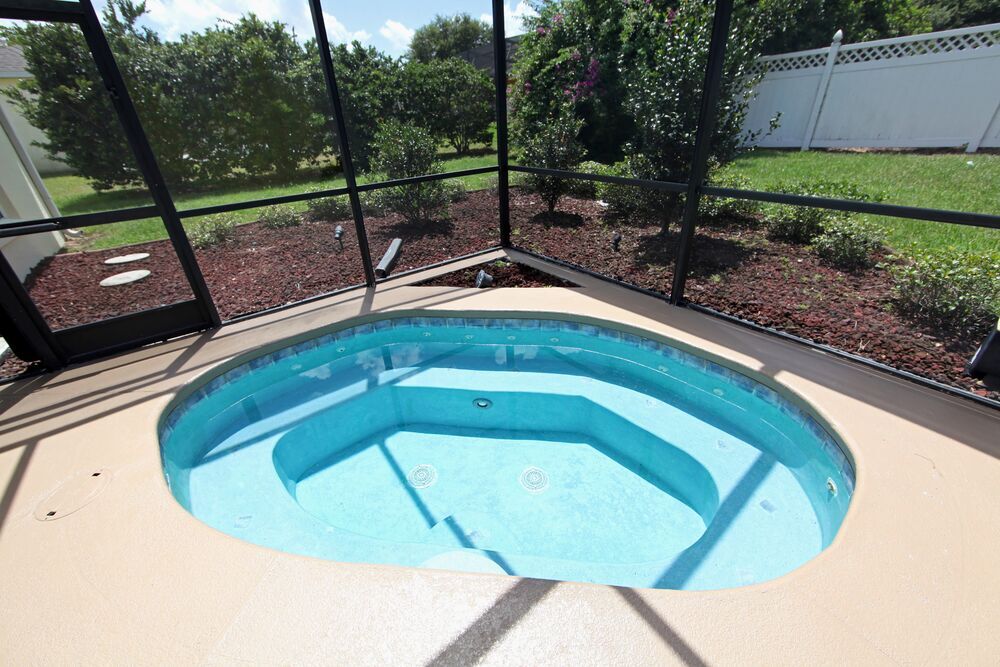Buying a new home with a pool is an enticing prospect to many buyers. A pool is a great place to relax, hold parties and is a welcome addition to any home in general. But if you are planning on buying a home with a pool already built, you will want to know the real condition of the pool before you close the escrow. This includes the structure of the pool as well as the state of the equipment.
In this case, the best thing to do is have a professional home inspector evaluate the pool in the home that might soon be your own. The principle is the same as with a home inspection. An inspection of the pool can reveal issues that can range from minor to those that can pose a safety risk.
Is it Worth the Investment?
One of the most important steps in choosing whether to buy a home or not is calling in the home inspector. A home inspector evaluates the condition of the home you are interested in and reveals problems like structural issues, the condition of the plumbing and electrical features and more. They later disclose their findings in the form of a detailed written analysis.
The same goes if the home has a pool in the backyard. The inspector will evaluate the condition of the pool, covering everything from the state of the pool to safety features and equipment. After the inspector delivers the written report with a list of items that have to be addressed, the buyer and seller can negotiate new terms. The seller might agree to fix some of the issues or lower the asking price.
However, since a pool inspection requires advanced knowledge of all the components, you need to look for a licensed, accredited home inspector. The inspector needs to know how to discern the state of the equipment, check the water quality, evaluate the quality of the build and more listed here: https://theinspectorscompany.com/pool-spa-inspection/
What Does a Pool Inspection Entail?
A thorough inspection of the pool features may reveal issues that if left unsolved may prove to be a huge problem that might yield tremendous repair costs down the road. That is why every pool inspector analyzes these important features:
Safety Features
A pool must comply with the local safety regulations. These regulations vary from state to state and your pool inspector should be (and likely is) familiar with the local requirements. One such requirement is a security fence that is at least 5 feet high surrounding the pool. Another is a stable pool cover or an alarm that is triggered when someone touches the water.
Physical State of the Pool
While you might be able to see some signs of damage to the pool, the worst kind of structural damage is usually concealed beyond the reach of your eye. An inspector knows what to look for and determine if the pool is in good shape or rapidly deteriorating. More importantly, an inspector can give you an estimate on how much you will have to invest in repairing that damage.
The elements an inspector looks at include the interior finish, the tiles, decking and coping. Tiles are the easiest to evaluate as they are visible. The inspector will not only look at the state of the tiles but the paste, mortar or grout surrounding them. Finally, the inspector will look at the position of the deck as well as if the deck is even.
Pool Equipment
Another major component in every pool is the pool equipment. Checking the equipment is equal to looking at the engine of a new car you are interested in buying. An inspector cannot take these devices apart to look under the hood but can run them to see how the equipment operates. This includes observing the equipment at work, checking for unusual noises and other signs of trouble.
The most important pieces of equipment are certainly the pump, the filters, and the heater. The pump is the heart of every pool, as it enables the water to flow so it can be cleaned and filtered. The filter separates the clean water from debris and dirt. Finally, the heater is not necessarily found in every pool, but those pools that do have it require it to maintain a pleasing temperature.
Miscellaneous Features
A pool can have a set of other features meant to make its use easier and more enjoyable. These features also need to be examined. These can include everything from spa features to automated pool covers and remote control platforms, diving boards and water features like bubblers, deck jets or waterfalls. It also includes the lighting and sanitizing equipment like ozone systems and germicidal light.
